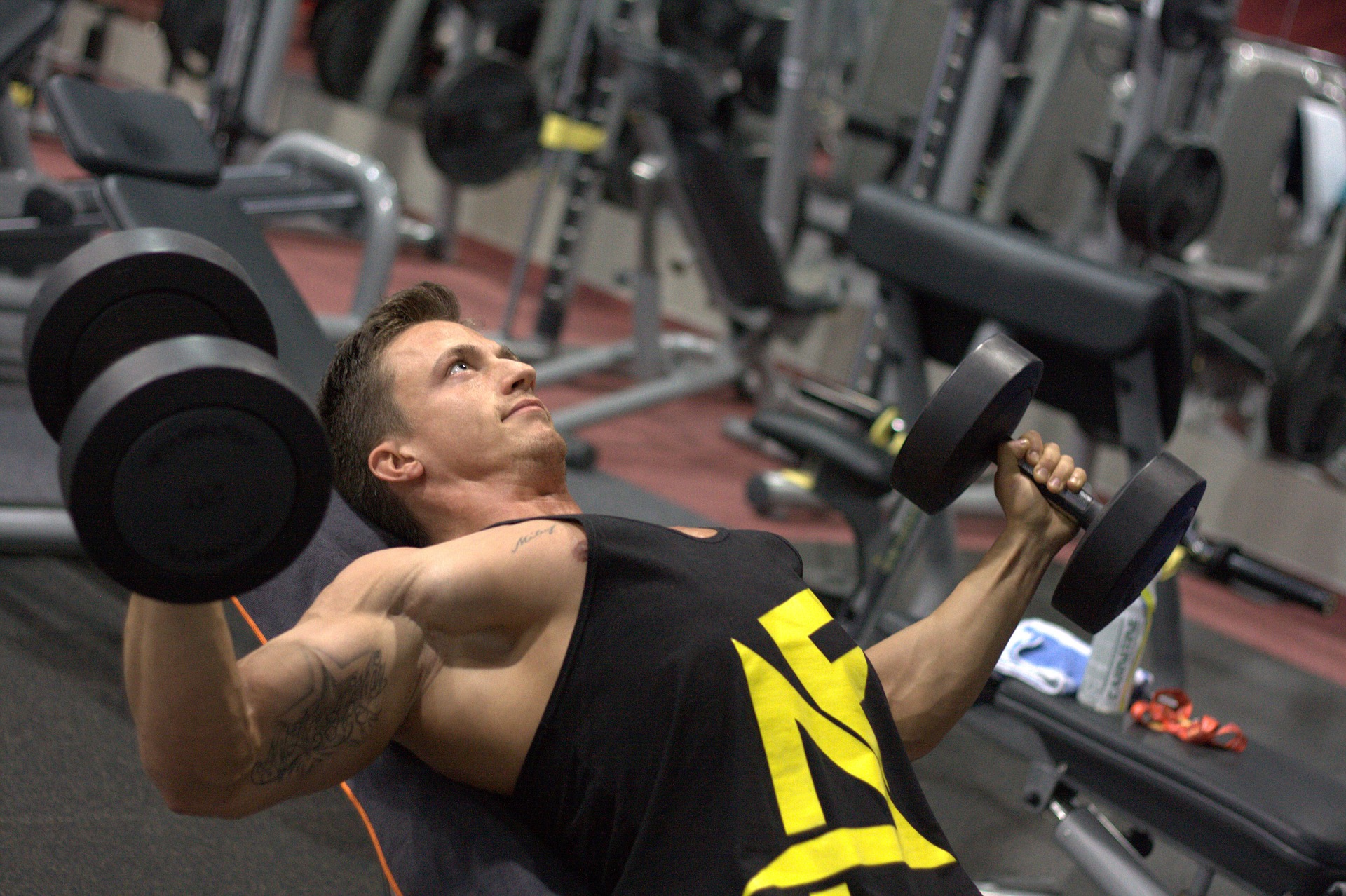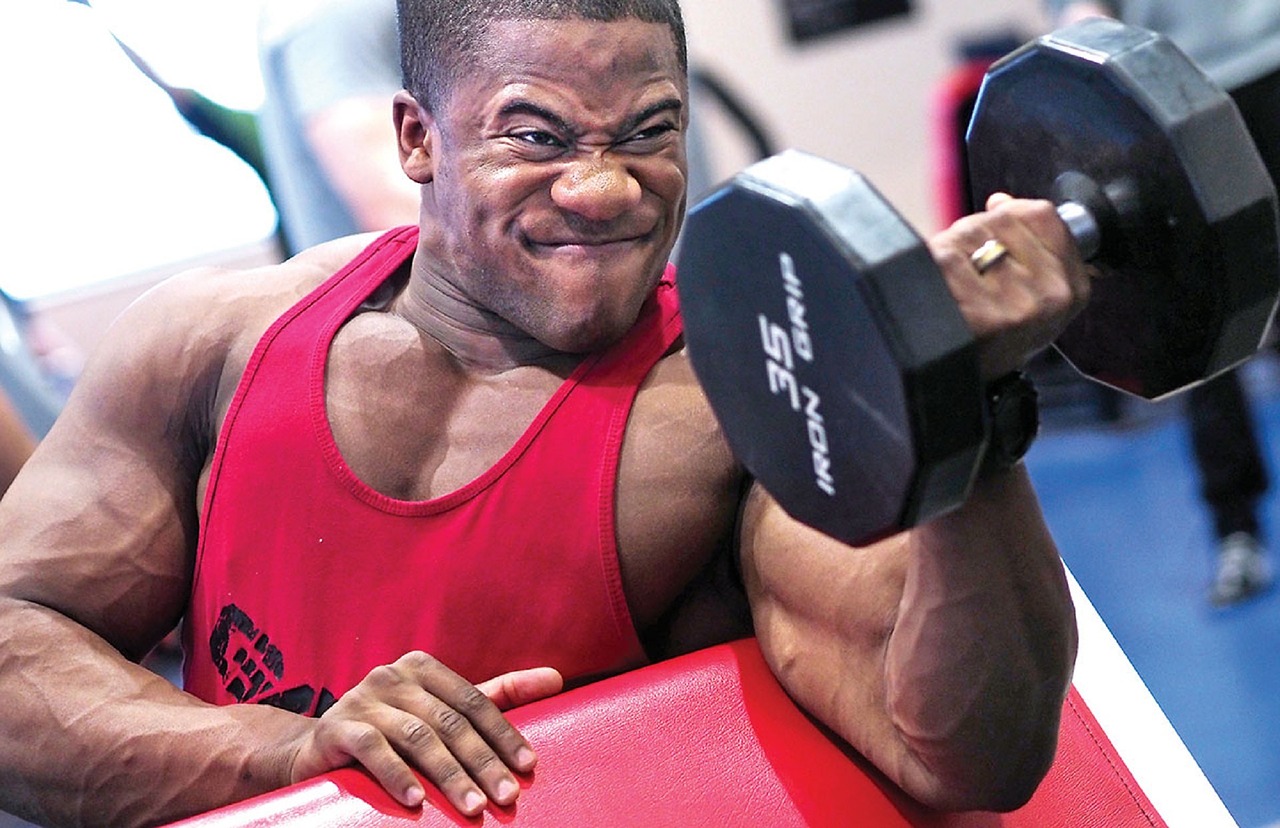Just like your shoes should match your outfit, your pre and post-workout supplements should match your training.
No good (appropriate) outfit is complete with just shoes. But wearing a three-piece suit with sandals looks ridiculous. Treat your pre and post-workout nutrition the same way.
Do you really need that much creatine and NO before yoga or a rugby game? Is your post-workout protein shake necessary for fat loss, or just extra calories?
In this article, we’ll answer these questions and more. Tailor your pre and post workout supplements to fit your body and training perfectly. Make your sessions elite, regardless of your goals, with proper nutrition.
Training for fat loss
Winner: pre-workout supplements
What you eat before your workout can drive your energy. Any basic weight loss progress involves eating less – that’s a no brainer.
But when it comes to training on an empty stomach, how much are you going to get out of that workout?
Use your pre-workout supplements to counteract that problem. It’s okay to feed yourself carbs, creatine, BCAAs, nitric oxide, and more in order to maximize your efforts in the next hour or two. After all, your work in the gym directly affects your fat loss.
BCAAs
BCAA supplements (or the good ones, anyway) don’t really have any caloric cost. These amino acids can keep you in your caloric deficit while minimizing muscle loss.
Lean muscle mass is where fat oxidation and metabolism happens. Without it, it’s much more difficult to lose fat. However, when we’re in a fat loss phase, our bodies will take energy from wherever it can get it, including breaking down existing muscle.
By simply taking BCAAs before your workout, you start signaling anabolic muscle building. Note – not weight gain, but rather lean muscle mass. Exercise is notorious for breaking things down, which is great to lose fat in the moment.
But the real results come during recovery. You may spend one hour in the gym, but what happens in the other 23?
Keep yourself from entering an overstrained, underfed state by feeding your muscles directly around your workouts with BCAAs.
Creatine
Creatine supplementation can help fat loss by giving your muscles a boost right before the workout. You’re essentially feeding them energy directly, allowing you to go harder for longer in the gym. By working harder, you’re likely to burn more calories, build more muscle, and lose more fat.
Training for mass gain
Winner: BOTH
Do you even lift, bro?
Training for mass gain is its own animal. You’ve got to put in the work, period. But you’ve also got to eat like an animal. No supplements (that aren’t steroids) will equate to mass gain without a massive food intake. So first steps- food.
That’s why we recommend both pre and post-workout supplements for mass gain. You need to stimulate a huge training session in order to generate the demands for size, while you also can’t just catabolize everything you’ve worked for.
Pre-workout
By taking creatine before your workout, you’re topping up your gas tank. With nitro. Sure, you could coast along on normal gas, but why not hit the next level?
Your body already keeps something called phosphocreatine within your muscles. But it’s saved for max effort – super powerful, but runs out quickly.
Supplementing creatine allows you to use this extreme power for longer periods.
Post-workout
Bottom line – getting in as many macronutrients as possible will make you gain weight. But you want to gain muscle, right? Not just soft weight.
You’ll starve the beast during training, so don’t forget to feed it. Get anabolic as quickly as possible after a workout. Drink a carb and protein drink after your workout immediately if you can. As a matter of fact, drink one before and during your workout too. Get as many nutrients in as possible.
For injury prevention/active aging
Winner: post
When managing injury or trying to stay active while aging (which can feel like a constant battle with aches and pains), the major purpose of supplementation should be pain and inflammation management.
During injury, your calorie needs increase by 15-20% simply because you’re trying to repair. Protein intake is a critical nutrient for rebuilding, repairing, and maintaining tissue through age. And omega-3 fat intake should increase to battle inflammation that comes with life stress, chronic, or acute injury. These facts all exist with or without exercise. Add working out in to the mix, and you’re compounding these issues.
Yes, regular exercise is still great for your health and movement heals. But the actual working out is just the catalyst for health. The real repair happens while you’re recovering, through proper rest and nutrition. Without fueling your post-workout, your already breaking down body will just continue the the degenerative and exhaustive cycle.
Key post-workout supplements during injury/aging:
- Whey (or vegan) protein isolate
- Boswellia
- Turmeric and garlic
- Flavonoids
- Vitamin A
- Calcium and Iron
- Omega-3 fats
For Performance
Winner: BOTH
Athletes, weekend warriors, or other gym-goers concerned about the actual output of their session should focus on supplements before and after. Pre-workout supplements, obviously, have a direct impact on your ability to lift heavy, run fast, and endure longer than your opponent. Post-workout supplements, on the other hand, help you recovery faster so you can get back to training hard as soon as possible. The harder your recover, the more effort you’ll be able to produce the next day (or later that afternoon).
Pre-workout
Pre-workout supplements can increase circulation during a workout, adding extra power to your muscles.
They can also raise total strength and power output, raise your energy levels, and improve your general mood and motivation to train.
Citrulline – the precursor to l-arginine in the body. Extra levels of citrulline increase production of arginine, which in turn activates the mTOR signalling pathway. Taking this pre-workout allows you to keep building muscle through protein synthesis, limiting the amount of catabolism of muscle. It also builds nitric oxide, a powerful vasodilator, helping blood get to your muscles more easily.
Creatine – phosphocreatine is used to produce ATP, the basis of energy in the body, during max effort activity. Supplementing with creatine before a workout adds to the existing pool to replenish phosphocreatine. Therefore, it helps you achieve maximal output for longer – AKA perform better.
Maritime pine bark extract – helps manage inflammation and produces nitric oxide (vasodilator)
pH buffers – carnosine, glutamine, and sodium bicarbonate can neutralize the acids that precede fatigue. When these acids are neutralized, the lactic acid is shuttled out of your muscle, limiting the negative ‘“burning” effects of fatigue.
Caffeine – can increase energy and improve mental focus
Post-workout
Protein, BCAAs, and carbs
As mentioned before, what you eat after your workout can help facilitate muscle recovery and repair. Drinking a protein and carb mixture starts recovery ASAP by restoring glycogen in muscle and signaling anabolic processes.
The three BCAA’s in particular, leucine, isoleucine, and valine, all activate protein synthesis and make up most of the required amino acids. Our recommendation is Performance Lab BCAA; it offers the best 2:1:1 ratio, highest quality amino acids, and the capsules are made from prebiotic fiber to support digestive health as an added bonus too.
Tyrosine and Phosphatidylcholine
Take these two to protect yourself from central nervous system fatigue. Tyrosine sustains nerve health by regulating catecholamine levels, preventing the brain from frying.
Phosphatidylcholine smooths out neuronal firing and keeps the brain cell membranes intact. You can’t perform well without your brain, so take good care of it.
These 2 nutrients are found in our favorite nootropic called Mind Lab Pro. It’s helped us focus for longer at work and in the gym too.
Add The Sports Daily to your Google News Feed!









